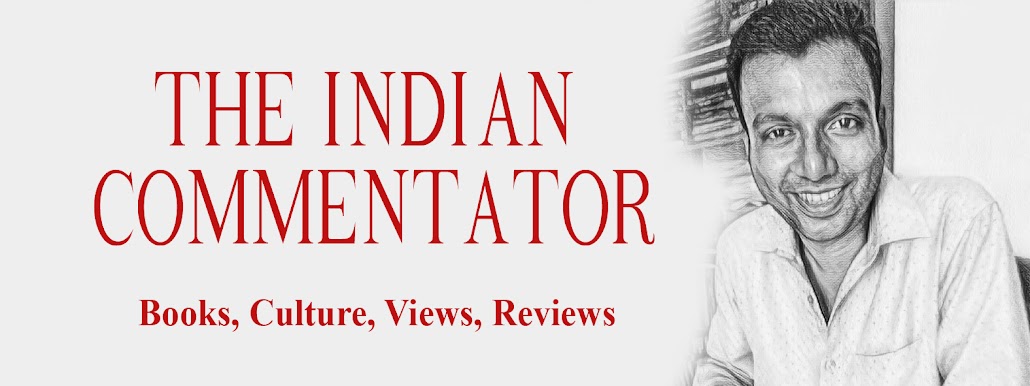 |
| Ankita Verma Datta |
A thriller is a
distinct genre. It does not work like a regular form of art. A thriller excites
the reader by entangling the reader with its tentacles of suspense. It also
carries forward a mission to provoke thoughts in the most unexpected occasions.
Trust Me Not does everything
mentioned above. The success of Trust Me
Not is that it’s labelled a thriller and it delivers what it offers. This
is unlike what usually happens in the Indian market, whether it’s books or
grocery. Delivering what is promised is a unique art. Ankita Verma Datta has
done it.
Reeva’s life is quite
ordinary. Nothing out of the box happens to her. She works in an advertising
agency. Her daily affairs mostly linger around the office and home. Reeva’s
small family consists of her parents and younger brother. Reeva’s gift is the
energy she possesses. She is feisty and creative. She also has fears, many
forms of fears. This latter part makes her more adorable and relatable to
ordinary people like us who live extraordinary lives due to what we fear.

One evening, Reeva’s
mother reminds her of a wedding party they have to attend on the weekend. Reeva
knows that the underlying currents are. When her mother asks her to attend a
nuptial gathering, she knows it is to nudge her find a perfect groom. Her
mother believes that Reeva is of marriageable age. Reeva feels passive towards
this proposition by her mother. She is bored of the thought of her potential
encounter with gossip and snobbery at the occasion. She does not want to mingle
with some of her mother’s friends who would be there at the function, most
certainly.
Like every perfect
Indian mother, Reeva’s mom too knows how to initiate her offspring into action.
It was hard for Reeva to deny her mother’s argument. So she complies. On that
weekend, the whole family reaches the wedding celebration, in their sedan.
Reeva finds it difficult to find a parking space. Then a young handsome man
appears and helps her park her car. This was the beginning of a series of
extraordinary romantic encounters in Reeva’s life. she discovers in the days to
come that the young handsome man, Kunaal Kabi was able to trigger a romantic
pulse in her.
The story progresses in
a romantic tone until an impending election. The major contestant in the
election, the JBP finds in Kunaal and Reeva’s advertising agency, their Public
Relations team. However, a group of shady businessmen do not want the JBP to
step into power. The seek the help of the dark figure, portrayed efficiently by
the author, named The Fixer.
Soon, through Reeva’s
office attendant, she is involved in a major social problem, which brings her
team straight to the churning forces of evil in the Indian political spectrum.
This novel moves with a pace that would not let you put the book down. Trust Me Not is a good read for those
long train journeys, waiting rooms, bus stops, and boring class hours. But
trust me, if you find this novel in a library, it can effortlessly take you
into the intertextuality of a political narrative. One can read between the lines
to locate, identify, and transcribe the present-day events and persons in the
novel. These multiple layers of signifiers imbue Trust Me Not with relevance unmatched in the English novels written
by Indian authors.

Trust
Me Not is Ankita Verma Datta’s debut novel. For more than
a decade, she is part of the advertising industry. So for those who look for
personal elements in the novel, the novelist’s professional experiences prove
to be a reason for the association. Ankita Verma Datta is an Economics graduate
from Mumbai University and is trained in advertising communication and
marketing at the Xavier Institute of Management and Communication. She can be
contacted at www.ankitavermadatta.com.
Published by Jaico
Books, Trust Me Not is 378 pages
long. Jaico Books is popular for their spiritual titles. This time, they have
made a mark through a political thriller that combines the music of romance and
white knuckled suspense. The book’s MRP is INR 450.





